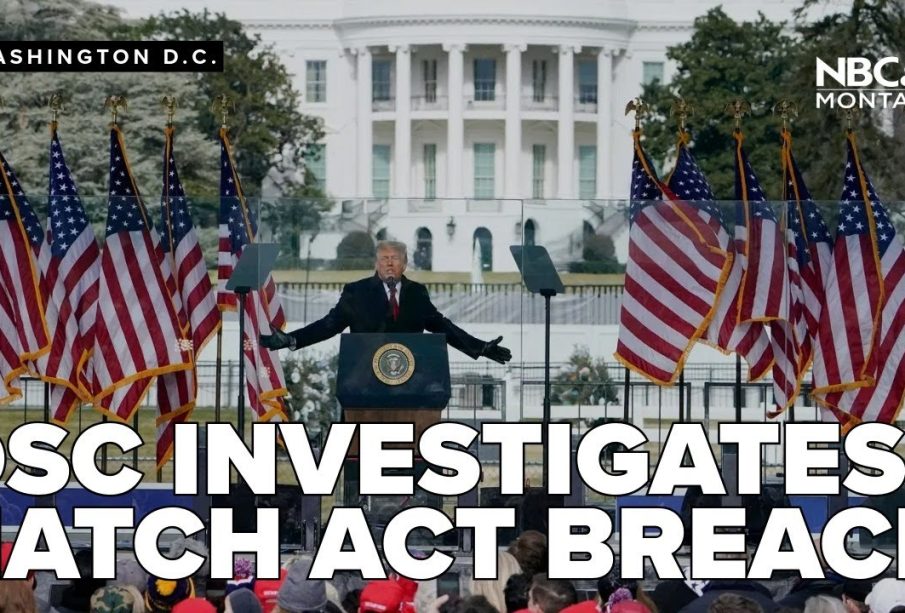The Hatch Act: Implications and Recent Developments

Introduction
The Hatch Act, officially known as the Hatch Political Activity Act, was enacted in 1939 to limit political activities of federal employees. Its primary goal is to maintain a clear division between government responsibilities and political interests, ensuring that federal programs and services remain free from political influence. As political landscapes evolve, understanding the implications of the Hatch Act is increasingly relevant, particularly in today’s polarized environment.
Main Body
The Act prohibits federal employees from engaging in partisan political activities while on duty, in a government office, or using government resources. This includes campaigning for candidates, soliciting or receiving political contributions, and generally promoting political parties. Violations of the Hatch Act can result in disciplinary actions, including dismissal.
Recent developments have brought the Hatch Act into the spotlight. In 2022, the Office of Special Counsel (OSC) provided updated guidance, clarifying what constitutes a violation and the types of activities that are allowed. This update was necessary due to the increased political involvement of government officials during election cycles, particularly evident during the 2020 election. The OSC stressed that even activities conducted on social media could fall under scrutiny, as the distinction between personal and official capacities can blur.
An instance that raised concerns involved former White House officials who were accused of violating the Hatch Act by endorsing political candidates while still in office. This led to inquiries and discussions about the effectiveness of the Act in enforcing political neutrality among federal employees.
Conclusion
The significance of the Hatch Act lies in its intended preservation of a non-partisan federal workforce. As political engagement among government employees continues to evolve, the relevance of the Hatch Act is more pronounced than ever. The implications of not adhering to this Act not only affect the individuals involved but also threaten the integrity of public trust in government institutions. Moving forward, it will be crucial for federal employees to be mindful of their actions and the potential repercussions under the Hatch Act, especially as social media continues to blur the lines between personal expression and official duty.









